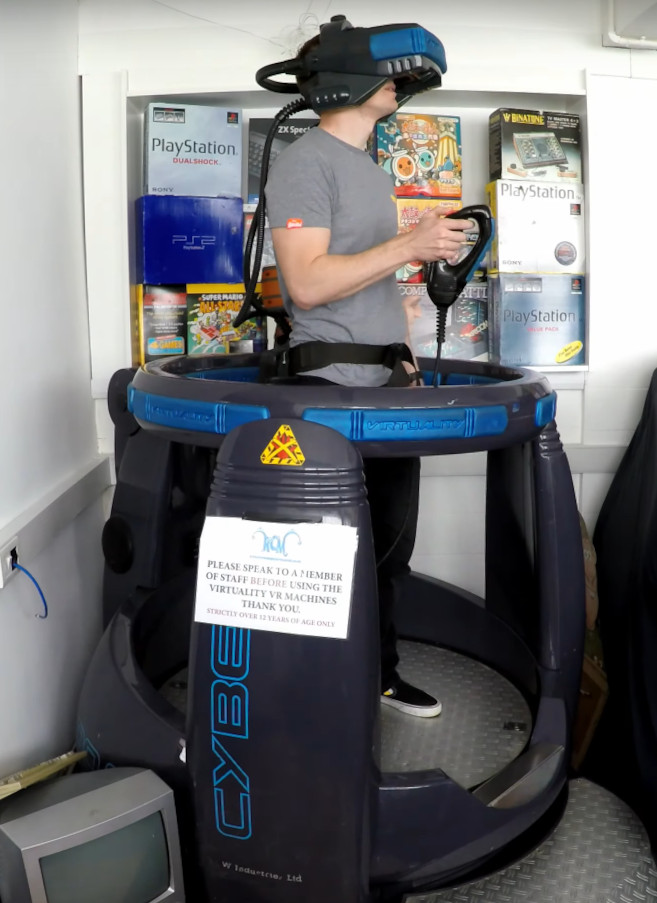Mitsubishi Heavy Industries Secures Approval for Innovative LCO₂ Carrier

On June 30, 2025, Mitsubishi Shipbuilding Co., Ltd., a subsidiary of Mitsubishi Heavy Industries (MHI) Group, alongside Mitsui O.S.K. Lines, Ltd. (MOL), announced that they have received Approval in Principle (AiP) from Nippon Kaiji Kyokai (ClassNK) for the world’s first liquefied CO₂ (LCO₂) and methanol carrier. This innovative vessel aims to enhance the efficiency of carbon capture, utilization, and storage (CCUS) technologies, which are gaining prominence as viable solutions in the battle against climate change.
The AiP indicates that the basic design of the LCO₂/methanol carrier meets technical requirements and safety standards as outlined in the International Code for the Construction and Equipment of Ships Carrying Liquefied Gases in Bulk (IGC Code) and the International Code for the Construction and Equipment of Ships Carrying Dangerous Chemicals in Bulk (IBC Code). This certification represents a significant milestone in the development of sustainable maritime logistics, marking the first time such a dual-purpose vessel has been approved.
Dr. Hiroshi Tanaka, an expert in marine engineering at the University of Tokyo, emphasized the importance of this development: "The integration of CO₂ transportation with methanol as a return cargo significantly reduces the operational inefficiencies commonly faced in maritime logistics. This innovation could set a precedent for future designs in the industry."
The LCO₂ carrier is designed to transport captured CO₂ on outbound voyages while returning with synthetic methanol, which is produced from CO₂ and hydrogen derived from renewable energy sources. This process not only supports the decarbonization of the maritime sector but also contributes to the broader transition towards sustainable energy solutions.
According to MHI Group's sustainability framework, the company is committed to achieving carbon neutrality by 2040. The development of the LCO₂/methanol carrier is part of a strategic initiative to enhance its maritime engineering capabilities while addressing global environmental challenges. "This project aligns with our goals to innovate within the maritime industry and collaborate with key stakeholders in the supply chain," said Koichi Nakano, President of Mitsubishi Shipbuilding Co., Ltd.
MOL has also expressed its commitment to environmental sustainability, aiming for net-zero emissions by 2050. The company’s recent investments, including a stake in HIF Global LLC, highlight its dedication to developing synthetic fuel and methanol supply chains across North and South America and Australia.
As the global community grapples with climate change, the introduction of the LCO₂/methanol carrier could signify a transformative step towards greener shipping practices. The implications of this development extend beyond mere logistics; they represent a fusion of innovative engineering and environmental responsibility. Experts predict that as regulatory frameworks surrounding carbon emissions tighten, the demand for such vessels will grow, potentially reshaping maritime freight operations.
In conclusion, the approval of the world's first LCO₂/methanol carrier by Mitsubishi Heavy Industries and Mitsui O.S.K. Lines not only showcases technological ingenuity but also exemplifies a forward-thinking approach to environmental stewardship in the maritime industry. As the project progresses towards commercialization, it promises to play a pivotal role in establishing a more sustainable maritime transportation network, thereby contributing to the global effort towards achieving a low-carbon economy. The success of this initiative could encourage further investments in dual-purpose vessels and CCUS technologies, marking a significant advancement in the fight against climate change.
Advertisement
Tags
Advertisement





